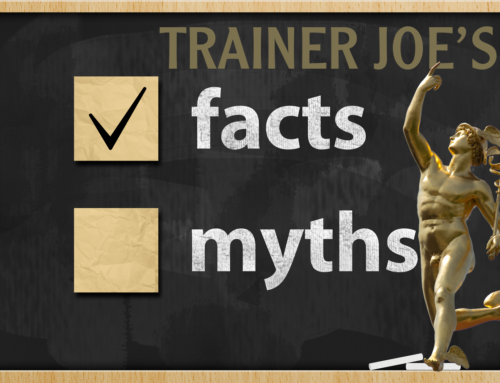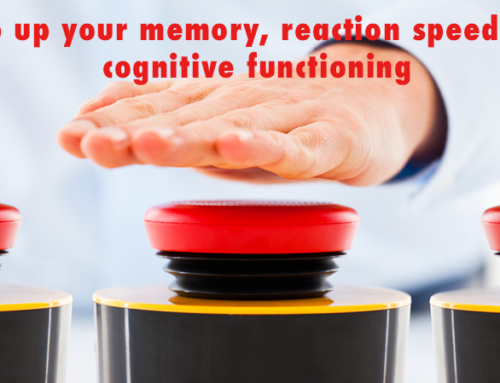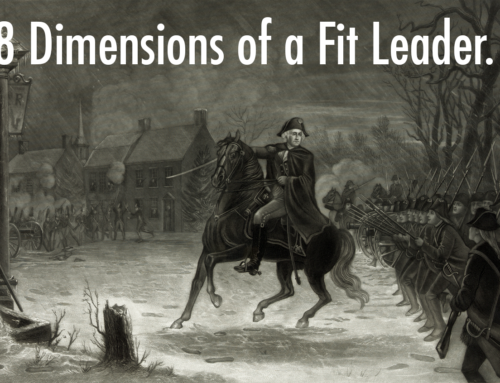There is no doubt that the medicine prescribed by your physician is the best cure for what ails you. Or is it? Could the folklore of non-medicinal antidotes have their bases in truth? Let’s explore some popular non-medicine fixes for those human conditions that afflict many of us:
Pets are the best medicine. I love it when my dog Daisy greets me at the door after a long day of training and coaching. There is something soothing, even Zen-like, about a wet nose, wagging tale and smiling face welcoming me back to the pack. According to Dr. Sanjay Gupta, M.D., CNN’s chief medical correspondent, there is significant research, which indicates people who have pets are both physically and emotionally healthier than those who don’t share their lives with pets.
Everyone gets stressed. But people with pets have brains that release less cortisol, a hormone linked to deleterious effects on our immune systems. In addition, having a dog reduces the incidence of asthma and allergies in children. Dr. James Gern, M.D., a physician at the University of Wisconsin who specializes in pediatrics and immunology, has published an amazing research study. It suggests post-natal exposure to dogs can influence the development of a child’s immune system in ways that will reduce the development of allergies later in life.
Exercise is the best medicine. The number of ways exercise can help you advance and maintain good health is nearly incalculable. So let’s focus on a just three common health issues improved by exercise:
The Centers for Disease Control and Prevention (CDC) has concluded that exercise makes it easier to control blood sugar for type-2 diabetes by increasing the insulin action of muscles as well as helping to maintain a healthy weight.
The National Institutes of Health (NIH) recommends that if you have osteoporosis, strength training will not only build strong muscles, but also will increase bone density to accommodate for the added stresses put on your skeleton.
Based on research at Johns Hopkins, regular exercise can play an important function in managing osteoarthritis by keeping the muscles and tendons around joints strong and flexible. Exercise increases the production of synovial fluid, the lubricant that protects cartilage and reduces the pain and stiffness that typically accompanies a decrease in a joint’s range of movement.
Food is the best medicine. In the 5th Century BC, Hippocrates said, “Let food be thy medicine and medicine thy food.” Researchers now know the old saying “you are what you eat” has a lot of merit, as certain foods have beneficial and protective qualities. For example, those who adhere to a Mediterranean diet are less likely to get Alzheimer’s disease due to the brain-healthy and anti-inflammatory properties of legumes, fish, olive oil, nuts, seeds, fruits and vegetables.
Just as significantly, “you are what you don’t eat” plays a critical role in health outcomes. If one avoids foods that are problematic, the likelihood of contracting certain diseases is reduced. For example, men who enjoy a lot of of well-done, broiled meats are also ingesting large quantities heterocyclic amines and polycyclic aromatic hydrocarbon. These may make a steak taste great, but they also increase your chances of getting prostate cancer. In fact, according to Dr. William Nelson, Principal Investigator at the Johns Hopkins Prostate Cancer Research Center, “…the amount of these carcinogens consumed daily by the average American equals ingesting half a pack of cigarette smoke a day.” Yikes!
Since no one completely understands their genetic makeup, we don’t know what genes for manifesting diseases are lurking in a dormant, recessive state. Therefore it’s best to eat a well-rounded diet based on the most current research available from reputable sources.
Laughter is the best medicine. According to a study by cardiologists at the University of Maryland Medical Center in Baltimore, laughter and a sense of humor helps protect one from heart disease. According to the chief researcher, Dr. Michael Miller, M.D., director of the Center for Preventive Cardiology, the exact reasons why are unknown. It is theorized that endorphins released through laughter cause a protective analgesic effect by reducing inflammation in the protective linings of our blood vessels, called the epithelium. It is the inflammatory reactions that cause plaque build-up and ultimately heart disease.
Recommendation: So…here is Trainer Joe’s prescription to keep you healthy and fit: Start by walking your dog before heading off to the gym for strength and cardio training. After eating a healthy dinner, enjoy a funny movie and laugh like Lucy.
Family, friends and clients have also recommended drinking a glass of wine, walking in the woods and enjoying music to keep themselves healthy.
I’d love to hear your prescriptions. What are some non-medicine cures for what ails you theses days?







Leave A Comment
You must be logged in to post a comment.